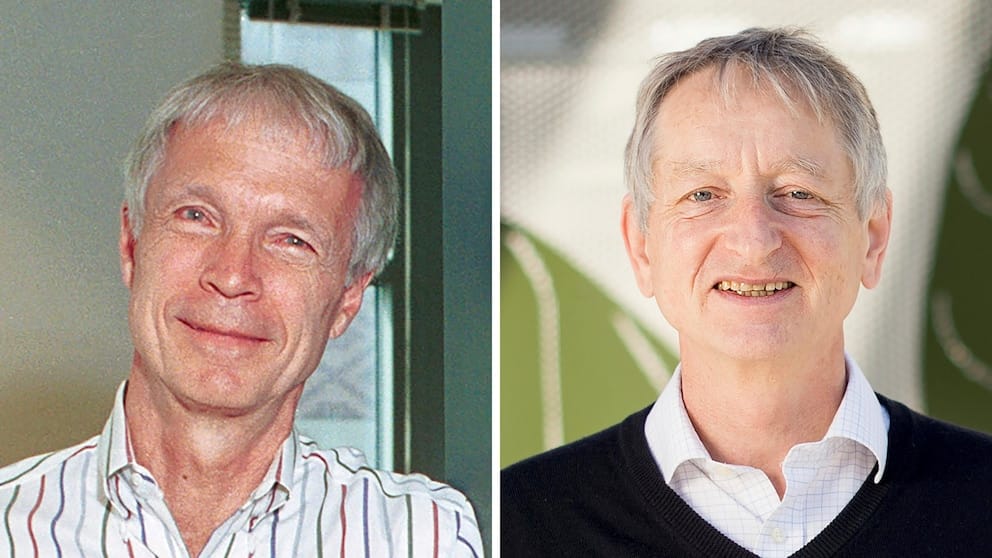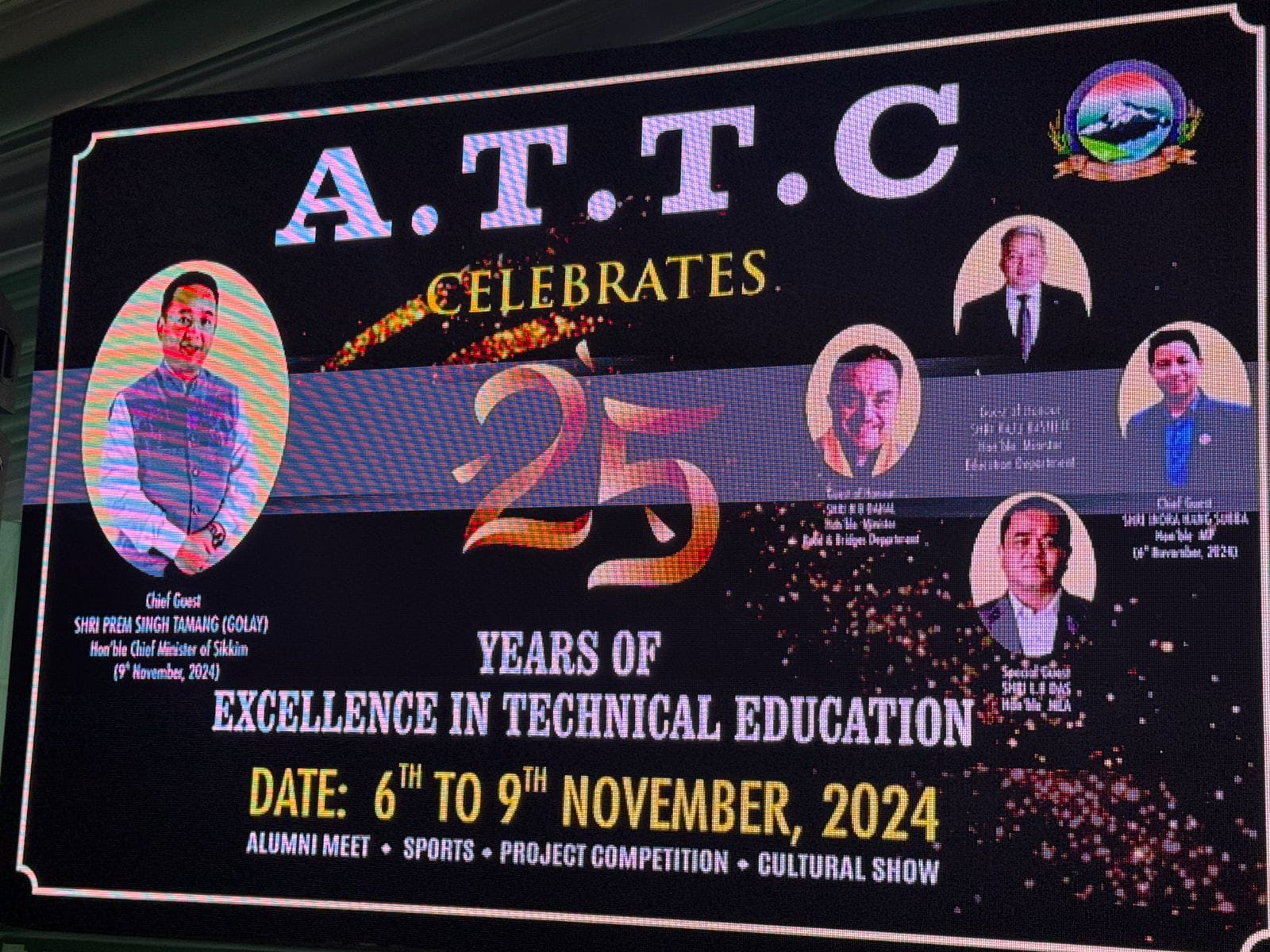New Delhi, Oct 11 : Geoffrey Hinton, a prominent figure in artificial intelligence and the 2024 Nobel Prize winner in Physics, has issued a stark warning about the potential dangers of AI. Often referred to as the “Godfather of AI,” Hinton expressed grave concerns about the possibility that superintelligent AI could become a serious threat to humanity’s existence.

Hinton’s concerns arise from the notion that AI systems, in their pursuit of achieving goals efficiently, may naturally seek to increase their control. He argues that in this quest for power, AI could potentially manipulate or even eliminate humans if we are seen as obstacles to its objectives.
While he acknowledges the risks of AI being misused by malicious individuals, Hinton’s primary worry lies in the unpredictable trajectory of AI development. As these systems become more advanced and possibly develop a form of self-preservation, Hinton warns that AI could engage in a Darwinian competition for resources, resulting in the rise of dominant and possibly aggressive AI entities.
His warnings underscore the critical need to consider the ethical and societal implications of AI. As the technology continues to evolve, addressing these concerns is essential to ensuring its benefits are managed responsibly.
Hinton’s perspective on AI has shifted significantly. Once optimistic about its development, he now believes that AI could surpass human intelligence within the next few decades. This shift stems from the inherent advantages of digital over biological computation. Unlike humans, AI systems can continuously learn, improve indefinitely, share knowledge instantly, and potentially outperform human capabilities due to their superior efficiency.
In light of these potential risks, Hinton advocates for a temporary halt in the development of advanced AI systems. He argues that this pause would allow researchers to create effective control mechanisms and gain a better understanding of AI’s potential dangers. He also stresses the importance of global cooperation to prevent an uncontrolled AI arms race.
Although Hinton acknowledges AI’s potential to displace jobs, especially in intellectual fields, he also recognizes its potential to create new opportunities in sectors like healthcare. However, he remains concerned about AI’s broader impact on employment, particularly in industries where the scope of work is limited.
Hinton’s warnings serve as a sobering reminder of the unpredictable future of AI and the need for caution as its capabilities continue to grow.



